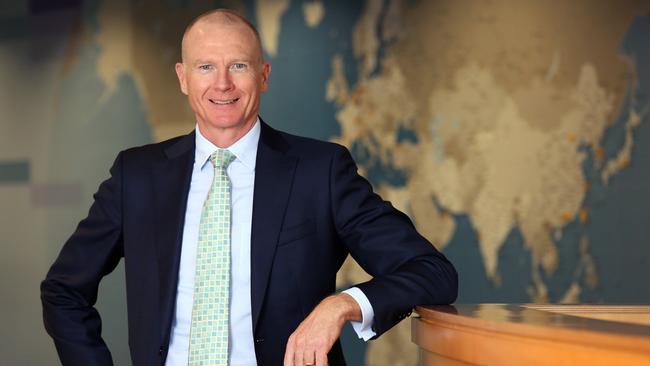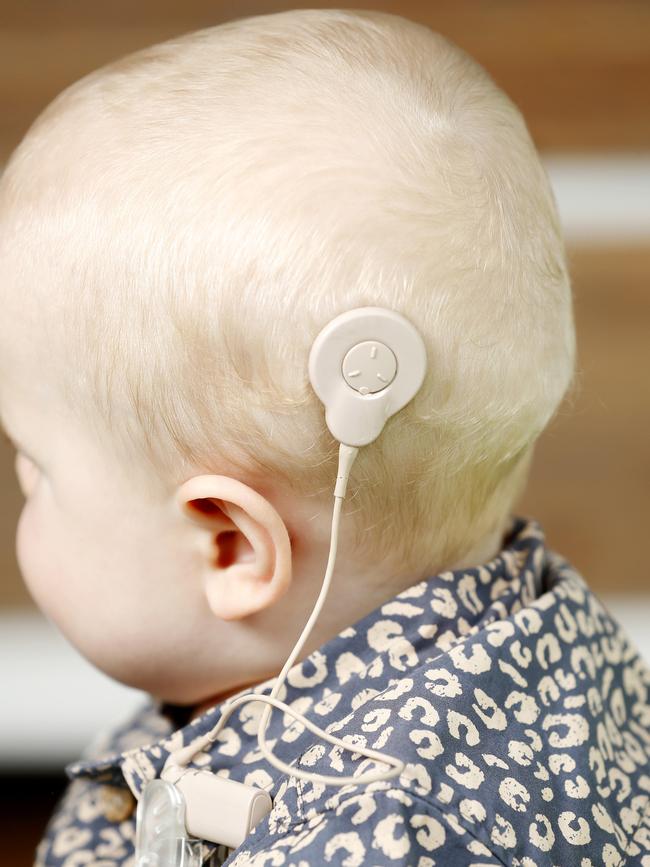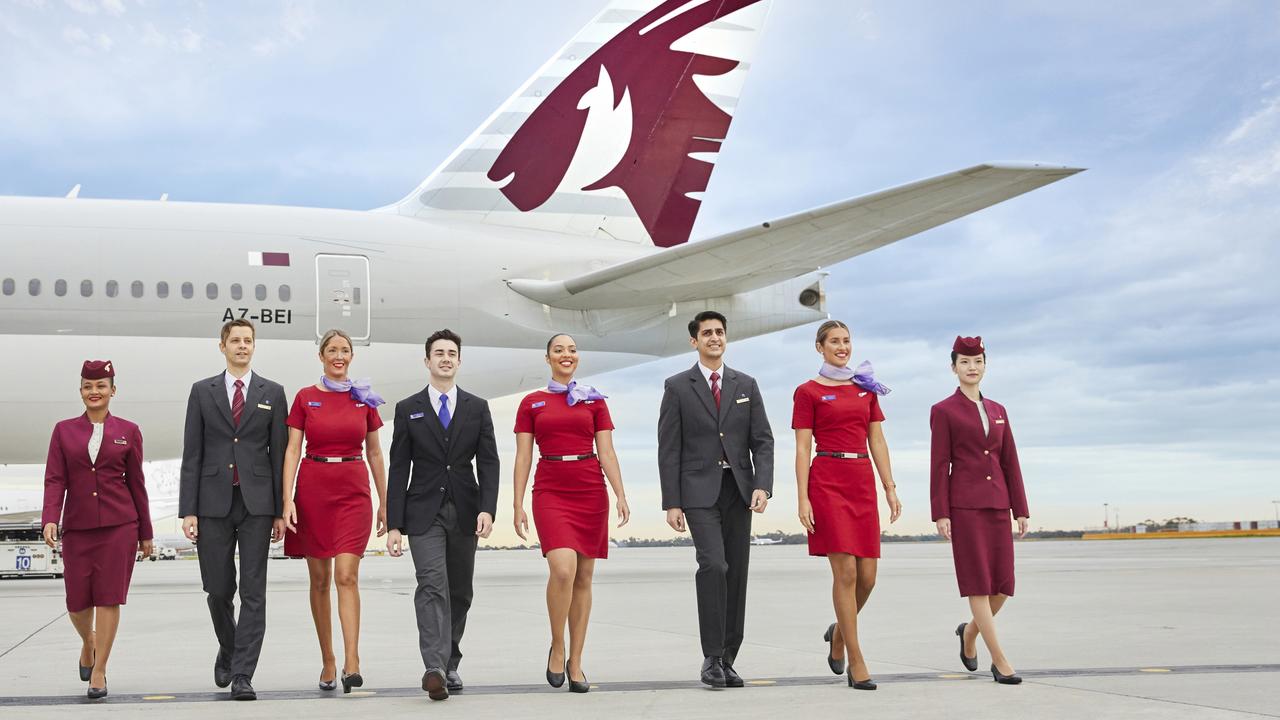Australia needs to address its productivity problem, Cochlear boss Dig Howitt says
Cochlear chief executive Dig Howitt says tax reform and measures to boost productivity should be an election issue, as his company took a hit from cost of living pressures in the US.

Business
Don't miss out on the headlines from Business. Followed categories will be added to My News.
Tax reform needs to be firmly on the agenda ahead of the looming federal election, Cochlear chief executive Dig Howitt says, with Australia at risk of becoming increasingly unattractive as a place to invest.
Mr Howitt said the country needed to focus on boosting productivity and reiterated his plea to the federal government to increase the cap on research and development tax concessions.
“As a global company based in Australia we’re very alert to how competitive Australia is for businesses as an investment destination, and there’s work we need to do,’’ he said.
“Australia has fallen behind other countries over the last five or more years and with an election coming it would be a good time to focus on productivity improvement, particularly at a time when we’ve had seven quarters of decline in gross domestic product per capita.’’
Mr Howitt said he recognised it was a difficult topic for politicians to address, “but we do have a tax system that doesn’t encourage investment, innovation and aspiration, and as we stand back and look at that it should concern Australia for the future of our standard of living’’.
Mr Howitt has advocated for increasing the cap on eligible R&D tax concessions, which currently sits at $150m.

He would like to see an uncapped system, however has suggested that incrementally increasing the cap to $250m would be a good start.
Mr Howitt said Cochlear could do R&D anywhere in the world, so the government needed to think carefully about how it sought to keep innovation in Australia.
Meanwhile, Cochlear shares copped a hammering on Friday after the company flagged that its full year profit would be at the lower end of previous guidance of $410m-$430m, as cost of living pressures hit US consumers.
The company posted an underlying net profit of $206m, up 7 per cent, on revenue of $1.17bn, up 5 per cent.
But the company flagged that customers in the US were delaying upgrading their sound processors from the Nucleus 7 to the newer Nucleus 8 model.
“In the US, cost of living pressures have been a factor delaying the replacement of ageing sound processing technology, as many recipients incur out-of-pocket expenses to fund their new sound processor,’’ the company told the ASX in a statement.
This was reflected in revenue in the company’s services division falling 13 per cent to $305m during the half.
The company also said users were quite happy with their Nucleus 7 devices, which explained some of the reluctance to upgrade.
“We experienced strong uptake of the Cochlear Nucleus 8 sound processor when it was launched in FY23, with the rate of uptake slowing over the past 12 months.
“Lower upgrade rates were experienced for a range of reasons including continuing high satisfaction with the Cochlear Nucleus 7 sound processor.’’
Revenue from new cochlear implants grew 12 per cent to $724.5m, and unit numbers increased 5 per cent to 25,390.
“We continue to see strong growth in adult referral rates in a number of key markets, in part driven by initiatives to improve awareness and access for adult cochlear implant candidates,’’ the company said.
“As demand for cochlear implants grows, we continue to see signs of growing waiting lists for audiological evaluation and/or surgery in some of our key countries.
“Audiological capacity constraints are being increasingly addressed by streamlining post-operative appointments and increasing the adoption of remote care tools, which can materially improve clinical capacity in many practice.’’
Revenue in the acoustics division increased 21 per cent to $140.4m.
Mr Howitt said the company was keeping an eye on developments in the US with regards to tariffs.
Cochlear does not manufacture in the US, however Mr Howitt said medical devices had in the past been carved out of new tariffs regimes.
UBS has a sell rating on Cochlear stock, saying there was a question around how much services revenue could rise in FY26 on the back of new product launches.
Cochlear stock closed down 13.7 per cent at $262.73.
Originally published as Australia needs to address its productivity problem, Cochlear boss Dig Howitt says



